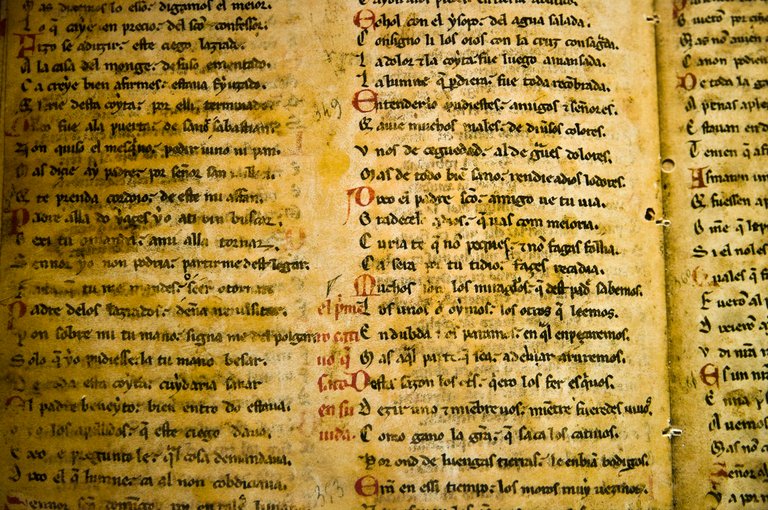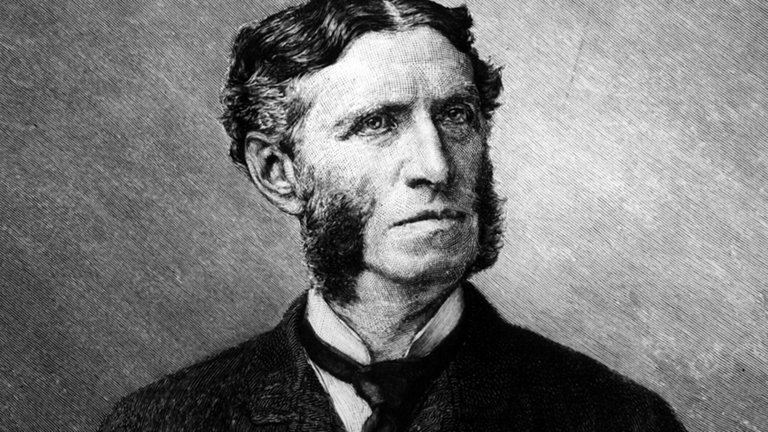Criticism of Life shaped by Literature and Matthew Arnold, The Victorian poet
Literary Criticism is, as Matthew Arnold, the Victorian poet and critic points out, a disinterested commitment to learn and propagate the best that's known and thought on the planet. He strove hard to achieve this aim in his critical writings. Attaching paramount importance to poem in his essay "The Study of Poetry", he regards the poet as seer. Without poetry, science is imperfect, and far from faith and the viewpoint for future will be replaced by poetry. In his estimation, that's the high destiny of poetry. Arnold states that literature, and especially poetry, is Criticism of Life. In poetry, this critique of life must comply with the regulations of poetic truth and poetic beauty.

What shapes a great poet
Truth and importance of issues, felicity and excellence of diction and manner, being exposed in the best poets, are what takes its critique of life. To accomplish this, the poet should aim at high and exceptional importance in all of that he writes. The poet must choose the ones that most powerfully appeal to the great primary human emotions which survive in the race. The 2nd Importance is what Arnold calls the Grand Style - the excellence of typing, selection of words, drawing its force straight from the maternity of matter which it conveys. This is Arnold's pregnancy of the nature and mission of true poetry.

The Touchstone Method
By his general concepts - the Touchstone Method - launched scientific detachment to critical analysis by providing comparisons and analysis as the two main tools to judge individual poets. Thus, Chaucer, Dryden, Pope, and Shelley are unsuccessful of the best, since they lack High seriousness. Even William Shakespeare thinks too much to express is too little of conception. Perfect poets according to Arnold's conception would be Homer and Sophocles in the ancient world, Dante and Milton, and among moderns, Goethe and Wordsworth. Arnold places Wordsworth in the front rank not for his poetry, but for his Criticism of life. Arnold's excessive love of classicism made him blind to the beauty of lyricism, and we can't accept Arnold's view that Shelley's poetry is less satisfying than his prose writings.

Too much to take
Arnold's critique of life frequently marred by his naive moralizing, by his inferior perception of the relationship between art and morality, and by his uncritical appreciation of what he sees as the golden health of the ancient Greeks. In his essay on Shelley especially, he exhibited a lamentable lack of disinterestedness. Shelley moral views were a lot for the Victorian Arnold.
I'm going to follow you, but follow too. Great post
Thank you! I'll check you out! :)
You are welcome, have a nice day